We may earn money or products from the companies mentioned in this post. This means if you click on the link and purchase the item, I will receive a small commission at no extra cost to you … you’re just helping re-supply our family’s travel fund.
at

Europe’s weather has always been known for its unpredictability, especially during the summer months when extreme weather events like heatwaves, thunderstorms, and wildfires can throw a wrench into your travel plans. With climate change intensifying these events, it’s essential to be proactive and prepared when heading to your European destination. Whether it’s soaring temperatures, flash floods, or unexpected storms, here are 12 ways to prepare for weather changes and stay safe and comfortable throughout your European vacation.
Stay Informed About Local Weather

Before heading out, ensure you’re up-to-date with the weather forecast for your destination. Use local weather apps, news, and websites to get detailed updates on the forecast. Check for any weather-related alerts or warnings and follow local authorities or accommodation providers on social media for real-time information. Keeping yourself informed allows you to plan your daily activities accordingly, reducing the impact of unexpected weather changes on your trip.
Plan for Extreme Heat
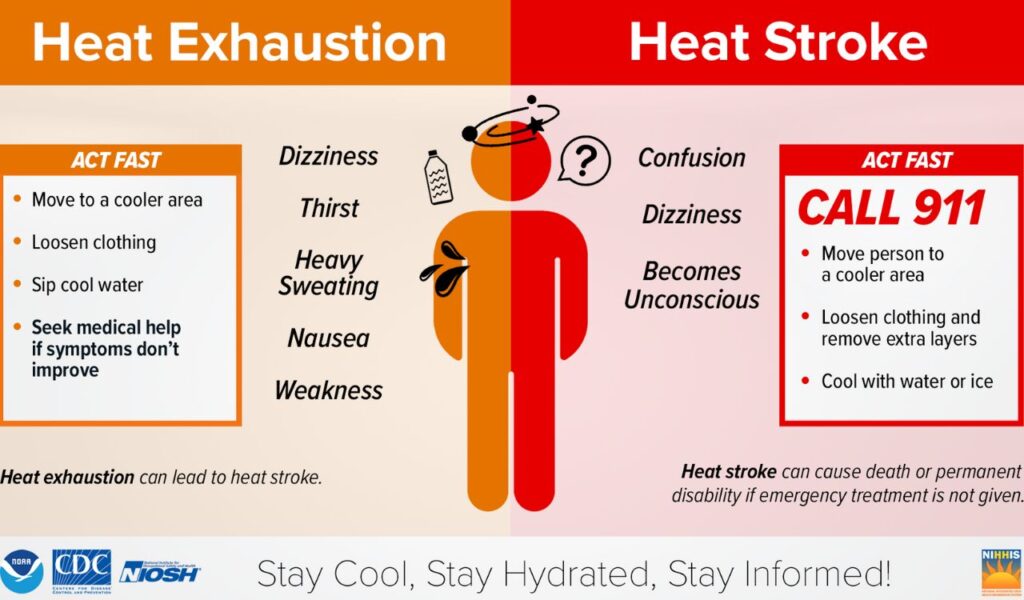
If you’re traveling to regions affected by heat waves, such as France, Spain, or Italy, you need to be mindful of the high temperatures. Avoid outdoor activities during the hottest parts of the day, usually from 11 am to 4 pm. Opt for light, breathable clothing, stay hydrated, and always apply high SPF sunscreen to prevent sunburn. Seek shade when possible, and don’t forget to carry a refillable water bottle to maintain hydration throughout the day.
Understand Heat Exhaustion vs. Heat Stroke

Knowing the difference between heat exhaustion and heatstroke is essential for staying safe in extreme heat. Heat exhaustion symptoms include dizziness, muscle cramping, and headaches. It can be treated by resting in a cool place and drinking fluids. Heatstroke, however, is a medical emergency and requires immediate attention. Symptoms include confusion, hot dry skin, and high body temperature. Know these symptoms, and take swift action to protect your health during a heatwave.
Prepare for Drought Conditions
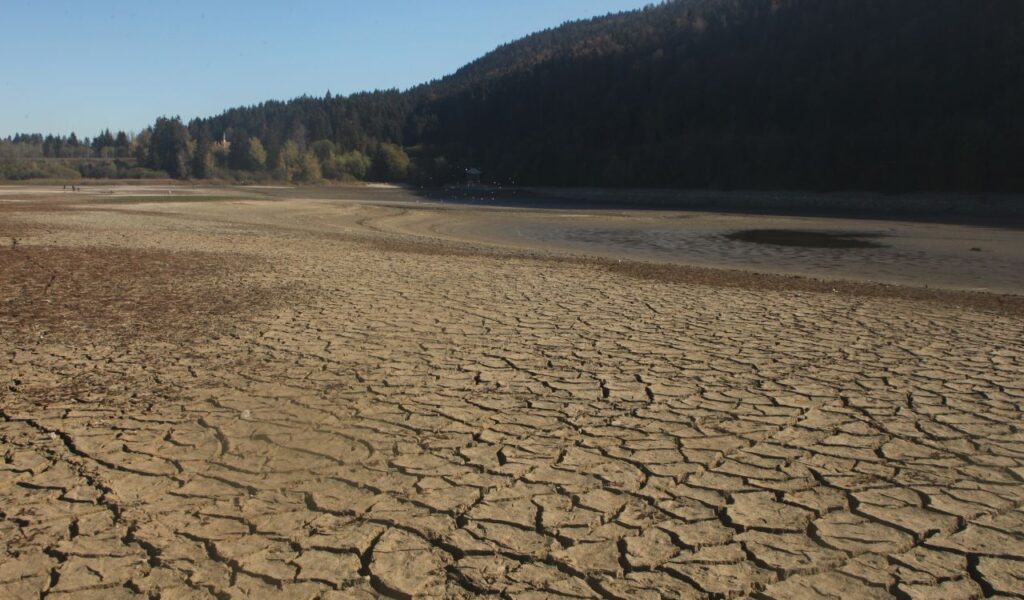
Droughts can affect large parts of Europe, leading to water shortages and restrictions. Water services like beach showers and public pools may be limited during dry spells. Always carry your own water, especially when you’re visiting areas with limited access to potable water. Check for any water restrictions in your travel area, as they can impact everything from daily activities to outdoor dining. Stay prepared and mindful of your water usage during dry conditions.
Check for Potential Wildfires

Wildfires are becoming more frequent and intense, particularly in countries like Greece, Spain, and Italy. Keep track of wildfire reports by monitoring local news and using official wildfire tracking websites. Be aware of evacuation routes and stay alert for any warnings from local authorities. In wildfire-prone regions, it’s crucial to follow official instructions, including staying indoors during heavy smoke, and wearing face masks if necessary, especially if you suffer from respiratory issues.
Watch for Thunderstorms
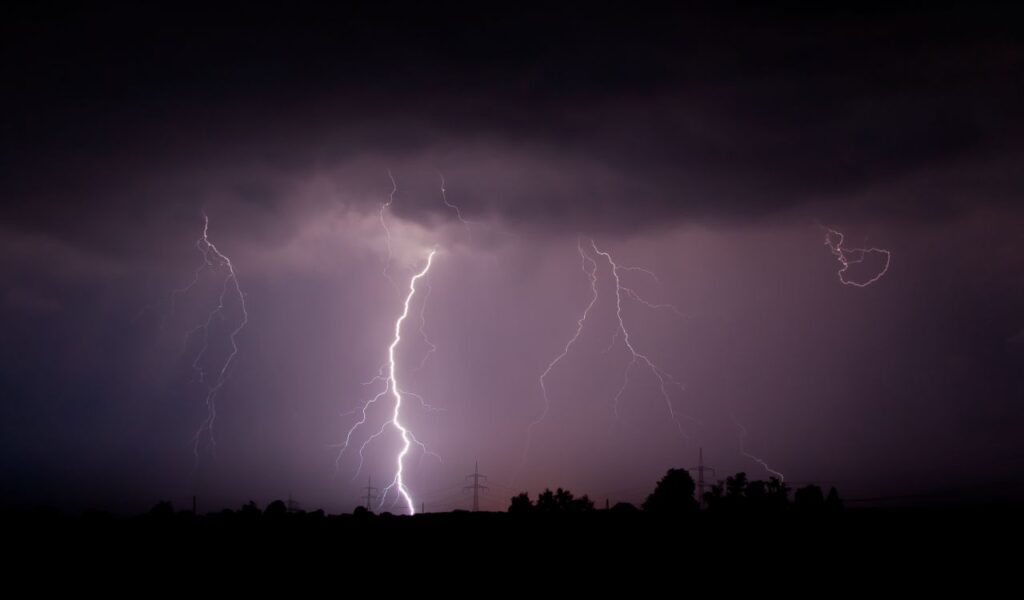
Thunderstorms in Europe can cause significant travel disruptions, particularly with air travel delays. If you’re flying, monitor the weather and check with your airline for updates on possible delays or cancellations. Severe thunderstorms may disrupt flight schedules, so keep essentials like snacks and water in your carry-on in case you’re delayed. Prepare for unexpected changes by staying flexible with your travel plans and always know your rights regarding compensation or rerouting in case of cancellations.
Plan for Floods and Flash Flooding
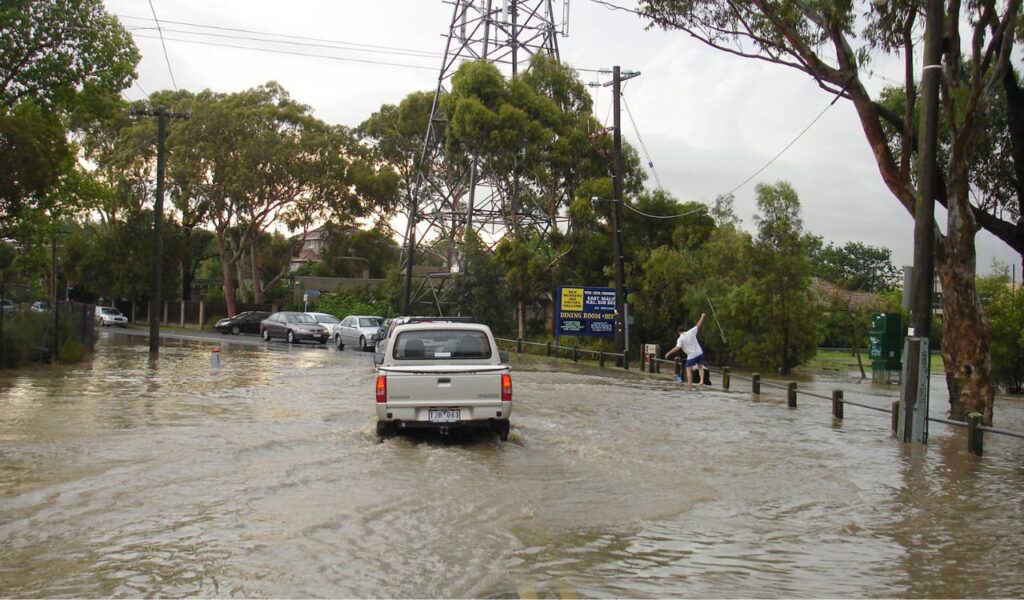
Flash flooding can occur in regions with heavy rainfall, especially in mountainous or coastal areas. Be prepared for possible road closures or delays caused by floods. If you’re traveling to such regions, always check flood warnings and follow travel advisories. Adjust your plans by considering alternative routes or accommodations. If you encounter a flooded area, avoid driving through it, as even shallow water can cause your vehicle to become stranded or swept away.
Monitor Hurricane Activity
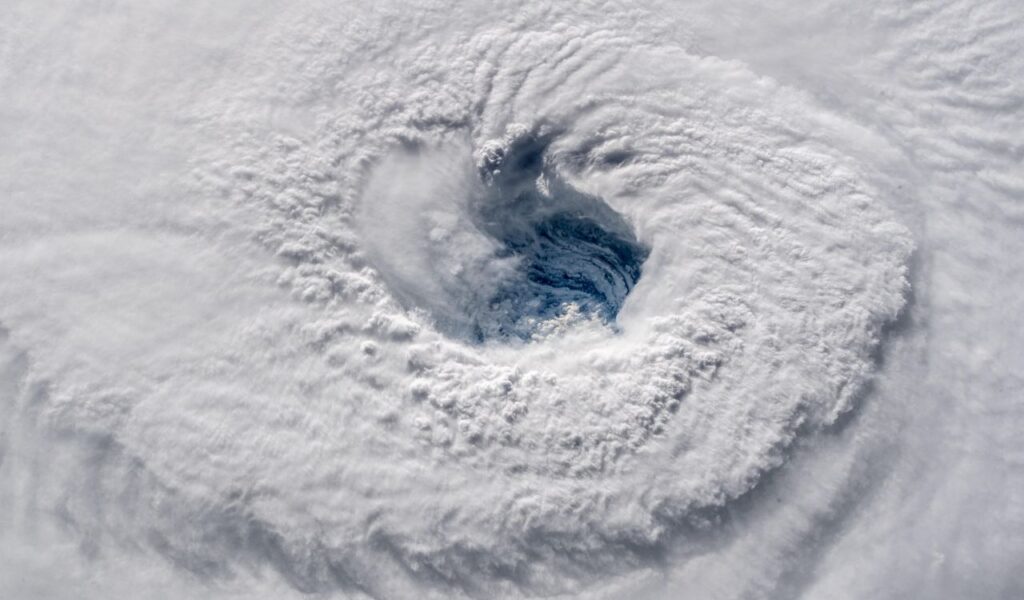
Although hurricanes are relatively rare in Europe, they can still affect Mediterranean regions, particularly in southern France, Italy, and Spain. Monitor the National Hurricane Center and local news for updates if you’re traveling during hurricane season. Prepare for possible flight delays or cancellations as airlines adjust schedules. Coastal activities may be disrupted, so ensure your accommodation and travel provider have contingency plans in place in case you need to reschedule or relocate.
Travel Insurance

It’s essential to have comprehensive travel insurance that covers disruptions caused by extreme weather conditions. Some policies cover flight cancellations, delays, or itinerary changes due to weather-related events, while others may require additional coverage for natural disasters. Read the policy details carefully to understand what’s covered, and consider adding extra protection for natural disasters. With the right insurance, you can have peace of mind knowing you’re financially protected in the event of unexpected weather disruptions.
Pack Smart for Extreme Weather
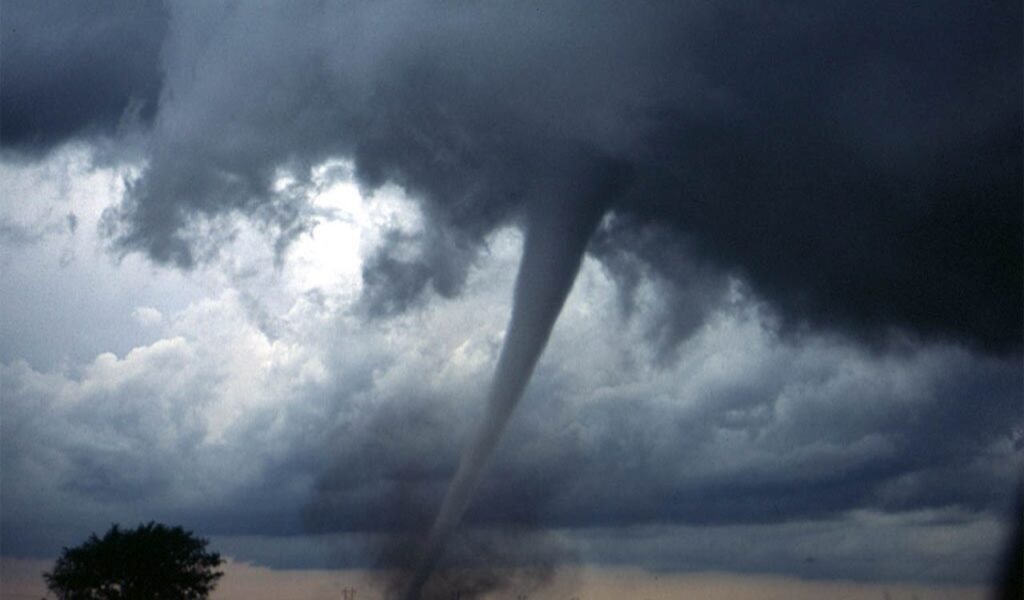
Packing appropriately for extreme weather is key to staying comfortable and safe. For hot conditions, pack lightweight, moisture-wicking clothing, sunscreen, a wide-brimmed hat, and sunglasses. For rain or cooler weather, bring a waterproof jacket, sturdy shoes, and a scarf or hat to keep warm. Always include an umbrella in your luggage, as it’s a quick fix for sudden rain showers. Adapting your clothing choices to the weather ensures you remain prepared for any change in conditions.
Adjust Travel Plans for Low Water Levels
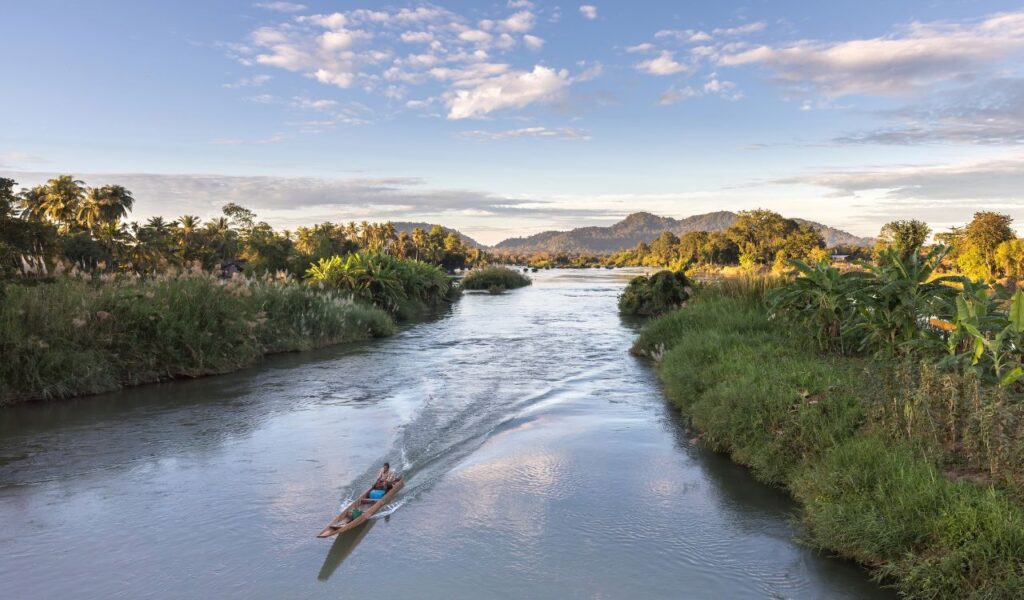
Low water levels can affect river cruises, water-based excursions, or destinations dependent on water activities. Regions like the Danube and Rhine have seen historically low water levels, which can cause cruise itineraries to change or even get canceled. Stay in touch with your tour operator for updates about your itinerary, and be flexible in case alternative routes or accommodations are necessary. Checking water levels ahead of time can help you avoid disruptions.
Have Backup Accommodation Options

Extreme weather like floods, wildfires, or severe storms can impact your accommodation, leaving you stranded or needing to relocate. Always have a backup plan in case your hotel or rental is affected by weather conditions. Book flexible accommodations that allow you to change dates if necessary, and keep a list of nearby alternatives just in case you need to make a last-minute change. Having backup options ensures you’ll have a place to stay, no matter what weather comes your way.
Other Blog Posts You Might Enjoy
www.idyllicpursuit.com (Article Sourced Website)
#Ways #Prepare #Weather #European #Vacation #Idyllic #Pursuit
